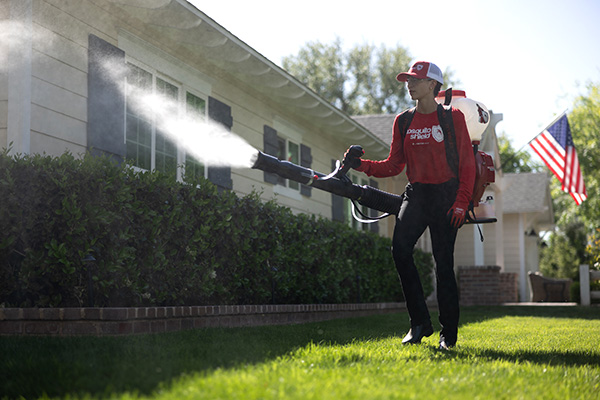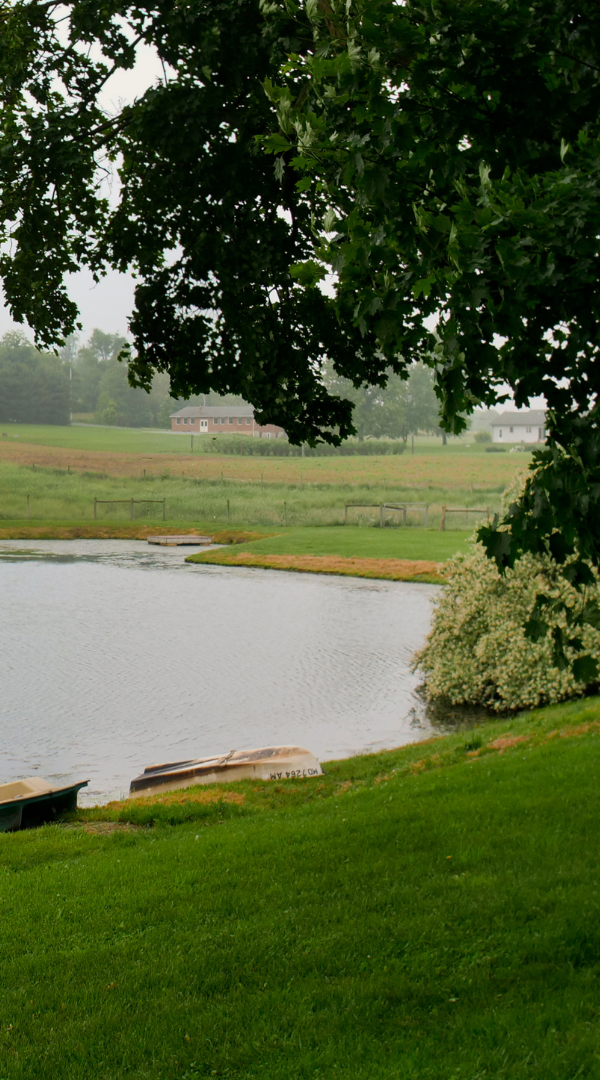Experience relaxation and peace in your Palmyra backyard with our proven mosquito control solution. Trusted by families in Palmyra, our innovative approach not only repels mosquitoes but also establishes a durable barrier customized to your outdoor environment. Mosquito Shield of Central PA is dedicated to creating mosquito-free zones, so you can enjoy your outdoor spaces without interruption.

Effective mosquito control in Palmyra, PA, that drives mosquitoes away and keeps them out of your yard.

Enjoy mosquito-free outdoor time in Palmyra with treatments designed to provide lasting results.

Highly rated mosquito control services in Palmyra, trusted by residents to enhance outdoor living.

Palmyra, Pennsylvania, is a bustling borough in Lebanon County nestled in the Lebanon Valley between Hershey and Harrisburg. With a vibrant downtown, recreational spaces maintained by the Palmyra Area Recreation & Parks Commission, and proximity to waterways like the Quittapahilla and Swatara Creeks, Palmyra offers a mix of suburban convenience and outdoor charm. However, nearby creeks, community parks, and seasonal storm runoff foster environments where mosquitoes and ticks thrive.
Palmyra’s combination of residential streets, creek corridors, and maintained parks supports healthy mosquito and tick populations.
Residents may encounter mosquito-borne illnesses such as West Nile Virus and Eastern Equine Encephalitis, and tick-borne diseases including Lyme disease and Rocky Mountain Spotted Fever. Protecting outdoor living spaces is essential.
Local prevention efforts include:
Professional pest control combined with community awareness helps maintain safe, vibrant outdoor amenities in Palmyra.

The weather in Palmyra, Pennsylvania, follows a humid continental pattern that shapes pest activity. Summers are warm and humid with frequent afternoon thunderstorms, leading to standing water in creek corridors, park depressions, and yard features—ideal for mosquito breeding. Winters are cold enough to suppress pests, but spring and fall bring moderate temperatures and dense vegetation—prime conditions for tick activity.

